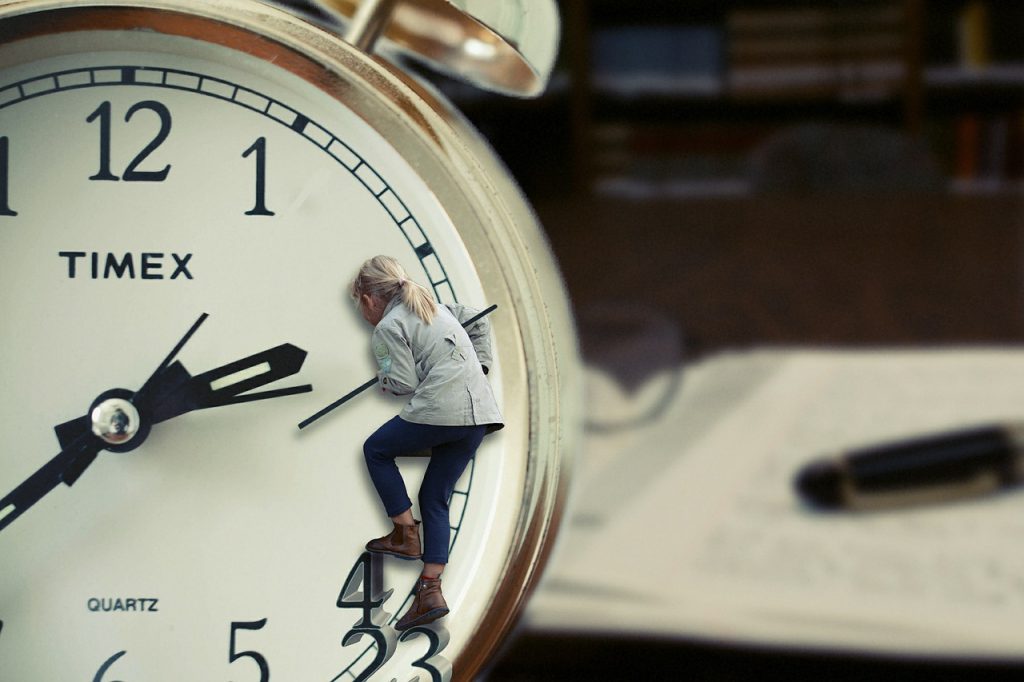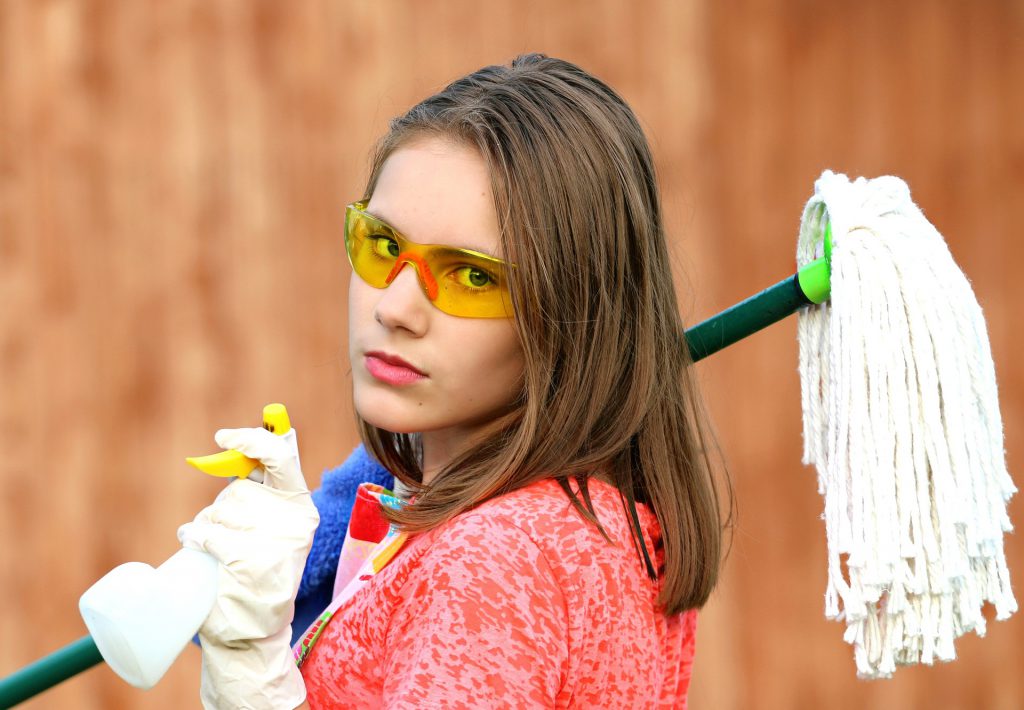Social media is one of the defining inventions of our time. And like so many new things it comes with both risks and benefits. They can help you to make new friends but they can also take over your life. For many teens and young people social media plays an important role in their satisfaction or anxiety levels. Some of our kids are suffering from bullying on social media and some are themselves bullying others. We teach our kids how to behave in society. We need to make sure we also teach and model some basic rules on how to interact on social media. This will help them to enjoy the benefits social media can provide as well as making it a better place for everyone else.
Make social media better
Here are some tips and ideas to help both us and our kids make social media a better place for all:
- Remember that people on social media are real people! This might seem obvious, and it is, but when all our interaction with someone happens on a screen, it becomes easy to forget. We start to focus on the things people say online in an exaggerated way and forget that they also have feelings, moods, ambitions, a sense of humour and so on.
- Don’t forget that social media is a public space and even sitting home at your computer you are not really alone. This is both liberating and cautionary. On the one hand, this sort of networking offers a real chance to connect with others, whether that’s people you already know or strangers who share your interests. At the same time, it means that you should treat publicly visible interactions on social media as carefully as you would your behaviour in any other public space (perhaps even more so as your behaviour on social media stays on permanent record).
- As a practical upshot of that 2nd point: don’t write a public message to someone that you wouldn’t be willing to say to their face in a public setting. This seems pretty self explanatory. Just remember that words have consequences.
- Or in other words: be polite and clear! Even if you wouldn’t normally think of yourself as an especially polite person, be aware that in a written comment or conversation subtleties of intonation, body language and humour are lost in most cases. As a result, it’s easy to offend or mislead others by accident. That’s why politeness and clarity are an essential baseline for online conduct.
- Set up your profile on social networks with a keen awareness of who can see your personal information. This “tip” gets mentioned all the time in news items on online security and is even touted by the social networks themselves to try and show that they’ve got your interests at heart. How many of us actually do it though? Go onto your social accounts now and check what info. is publicly visible (and do the same with your kids).
- Think deliberately about what it is you hope to get out of being on a social media platform. Rather than letting yourself be carried along by the flow of what everyone else is doing, try to use social media intentionally.
- Be aware of social media’s impact on your own mood. If you find yourself getting upset or depressed when you look at other people’s posts or when your own posts don’t receive the attention you want, this might be a warning sign to a) take a good look at your expectations, b) change the way you use social media or c) take a break from social media.
- Work out the social norms of the platforms you’re on (talk to someone already on the platform, search on Google or watch other users for a while before you start posting) and unless you have a good reason to break those norms, stick to them. This might mean not asking for likes, or not sending friend requests to people you don’t know and so on. There are a lot of these sort of unspoken rules around. It’s not completely terrible to break them, just a bit of a social faux pas. Sometimes you might have a good reason to break those rules, but if you don’t I’d suggest following them in the same way that you’d usually follow social norms in non-virtual situations.
- Be patient and tolerant. Even if you’ve got your own social media game down to an art, there are plenty of people who haven’t. Especially younger users who are just getting started on these platforms. Give them the benefit of the doubt.
- Don’t underestimate or misuse your influence in social media. Whether your “friends” or “followers” number in the tens or in the tens of thousands, someone see’s the things you post and they’re influenced by it in some way.
All these tips and ideas might be summed up by saying, be careful, be yourself and stay human on social media. What tips or rules have I missed out? What social media advice have you given your own kids?





